.jpg)
It's trunk seems to have once been much broader, it has lost limbs over the years and grown new ones, a rather useful trait to have with this climate. The first settlers planted olives to harvest the oil as a replacement for machinery oil which they couldn't get regularly and was very expensive, coming so far from their British and European suppliers by tall ship. As a result there were olives on most old farms and if you're lucky no-one's cut them down in a fit of green fervour. They are good shade trees, don't need much water in our "Mediterranean" climate and the sheep trim any leaves they can reach as a green addition to their diet during dry times. The only reason this old man's trunk still has shoots is because the grass around him is green.
.jpg) Best of all, the olives are delicious. They are not commerical size or even a commercial variety. They're probably some old Italian variety that's been around for donkey's years. They are sweet and fruity and go so well with our sun-ripened tomatos, roast capsicums and fetta cheese. The dogs love them too but are sadly not allowed to eat too many due to the fat content. This doesn't stop them trying. Pleading. Begging. When that doesn't work, scavenging under the trees for the windfalls themselves.
Best of all, the olives are delicious. They are not commerical size or even a commercial variety. They're probably some old Italian variety that's been around for donkey's years. They are sweet and fruity and go so well with our sun-ripened tomatos, roast capsicums and fetta cheese. The dogs love them too but are sadly not allowed to eat too many due to the fat content. This doesn't stop them trying. Pleading. Begging. When that doesn't work, scavenging under the trees for the windfalls themselves..jpg) We asked an Italian uncle if we should water or feed the tree to get larger olives? He waved his hands, declaring "No! No! No! Only whata God giva dem!", explaining the best, most flavoursome fruit comes from the natural weather undiluted by false growth or too much water. He is right. Snowy's favourite tree is thriving after about 120 years on what nature provides alone.
We asked an Italian uncle if we should water or feed the tree to get larger olives? He waved his hands, declaring "No! No! No! Only whata God giva dem!", explaining the best, most flavoursome fruit comes from the natural weather undiluted by false growth or too much water. He is right. Snowy's favourite tree is thriving after about 120 years on what nature provides alone.
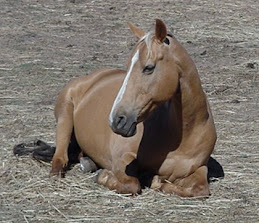
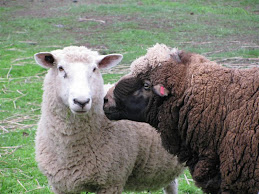.jpg)

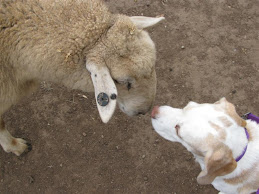.jpg)

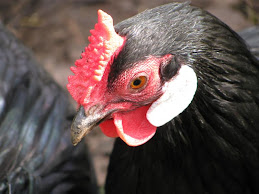.jpg)
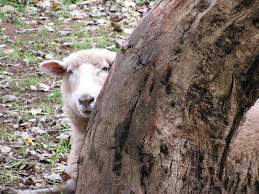.jpg)
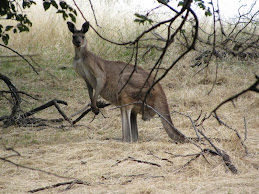.jpg)
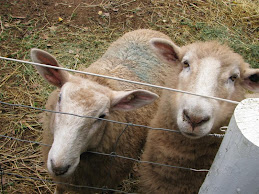.jpg)
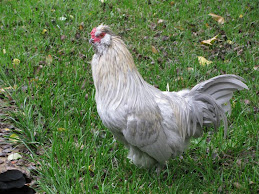.jpg)